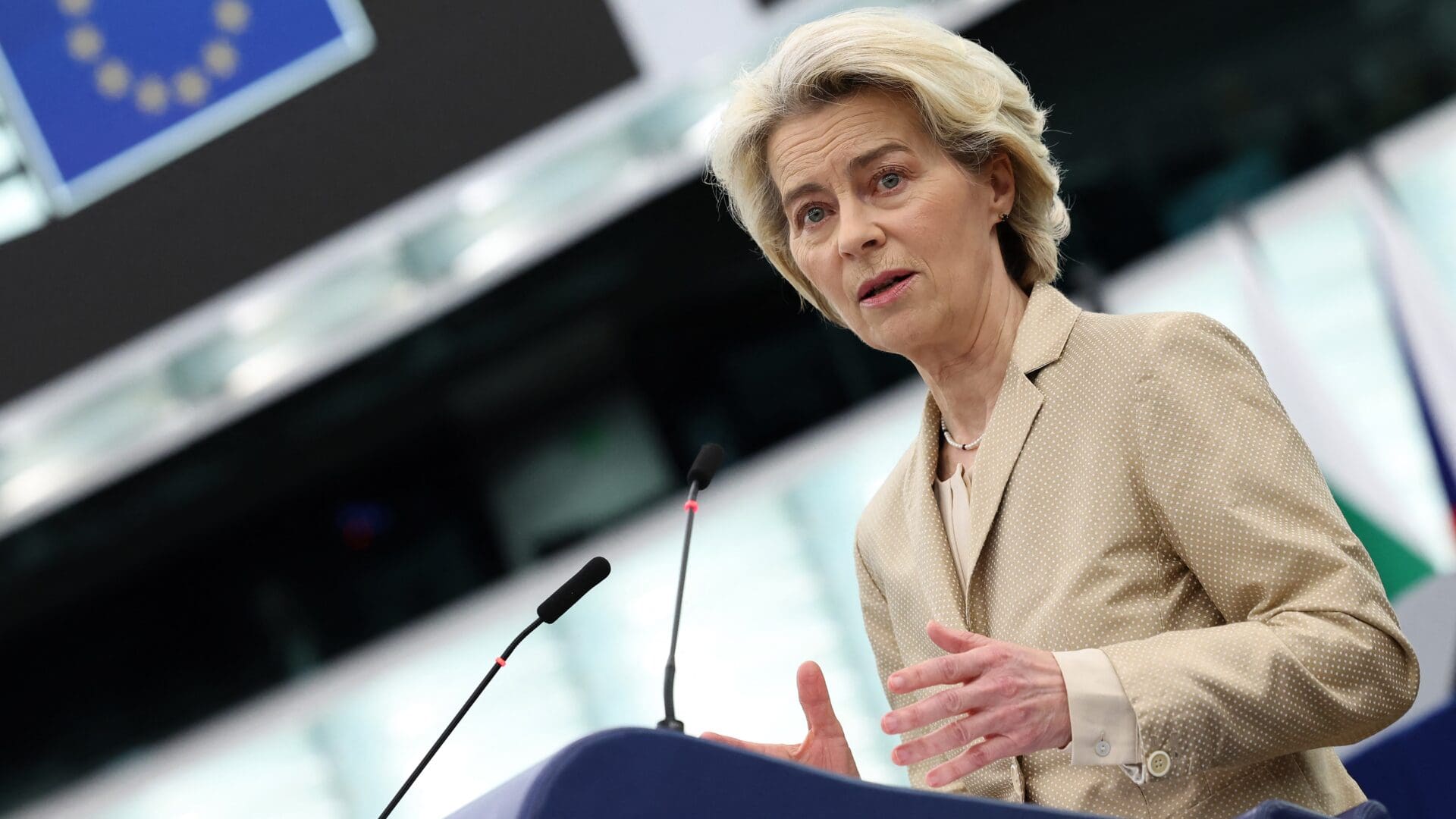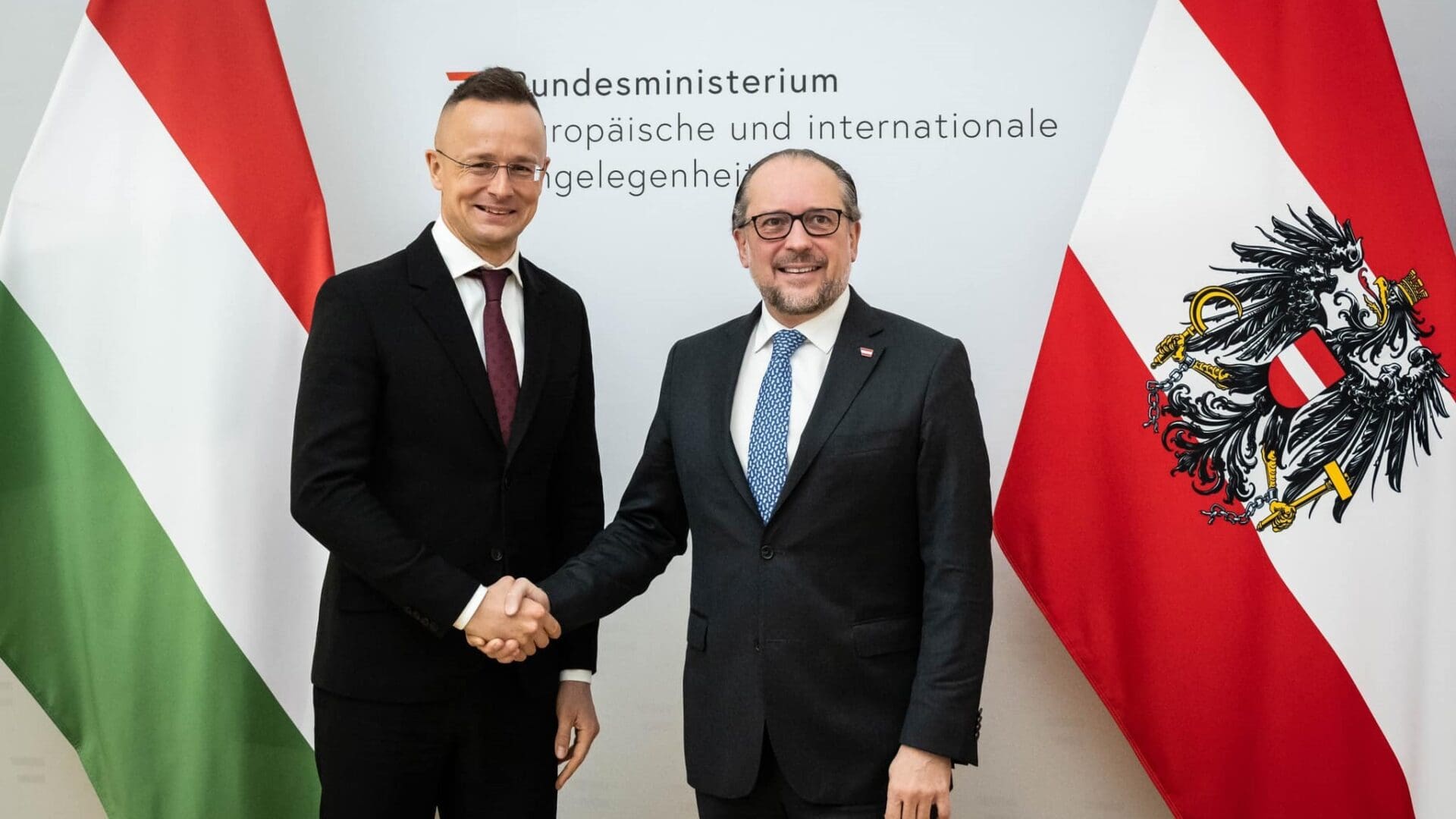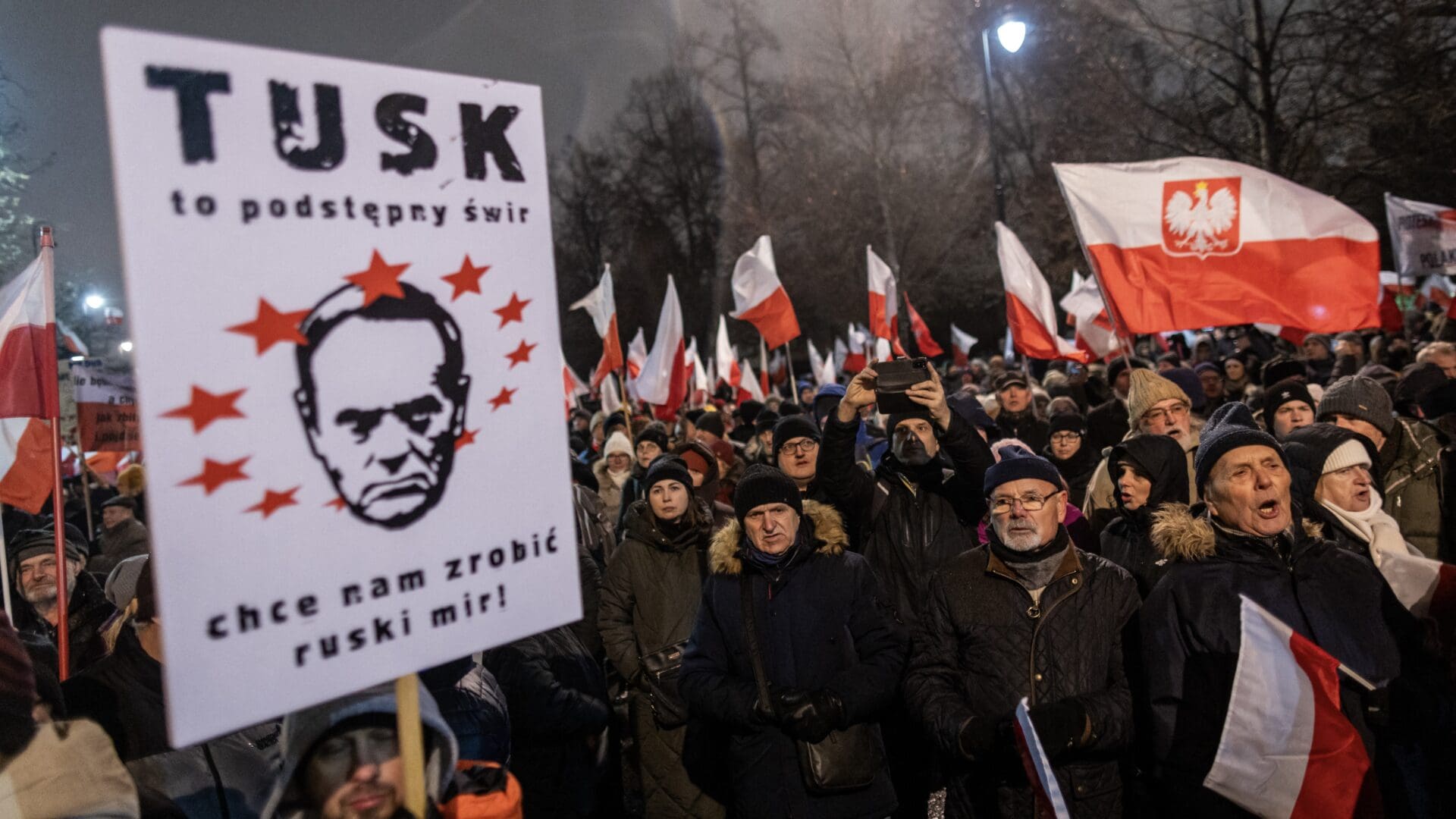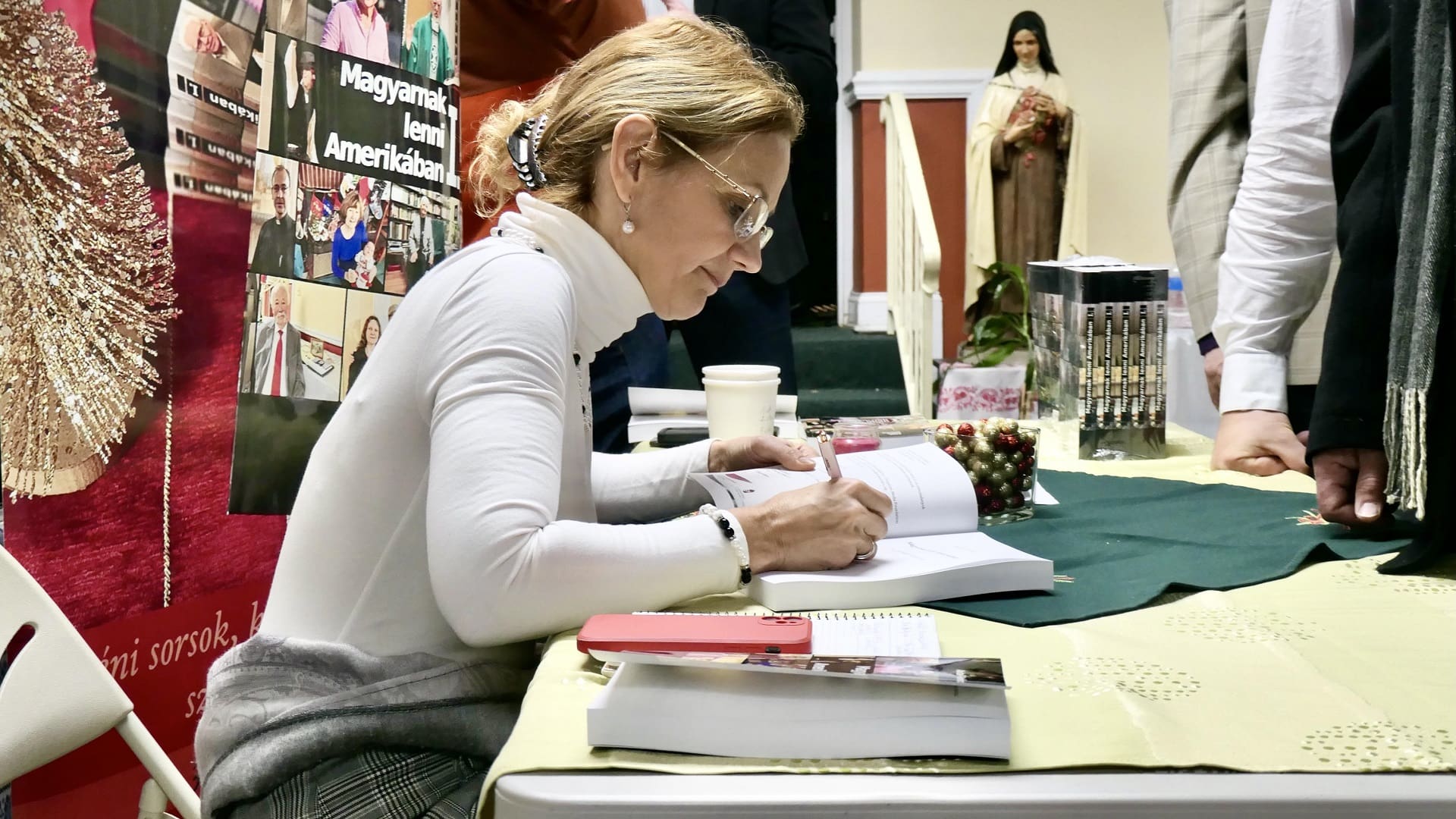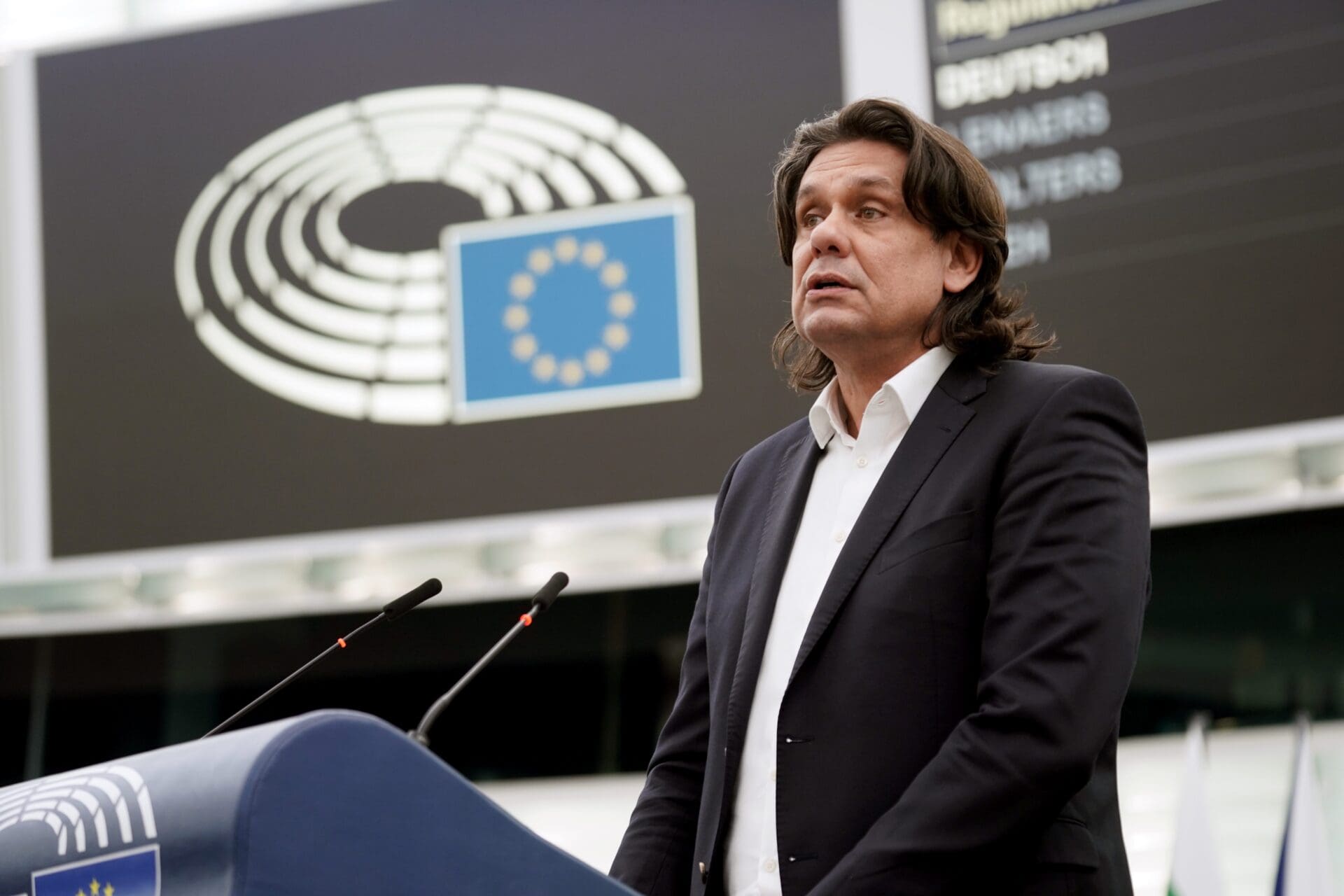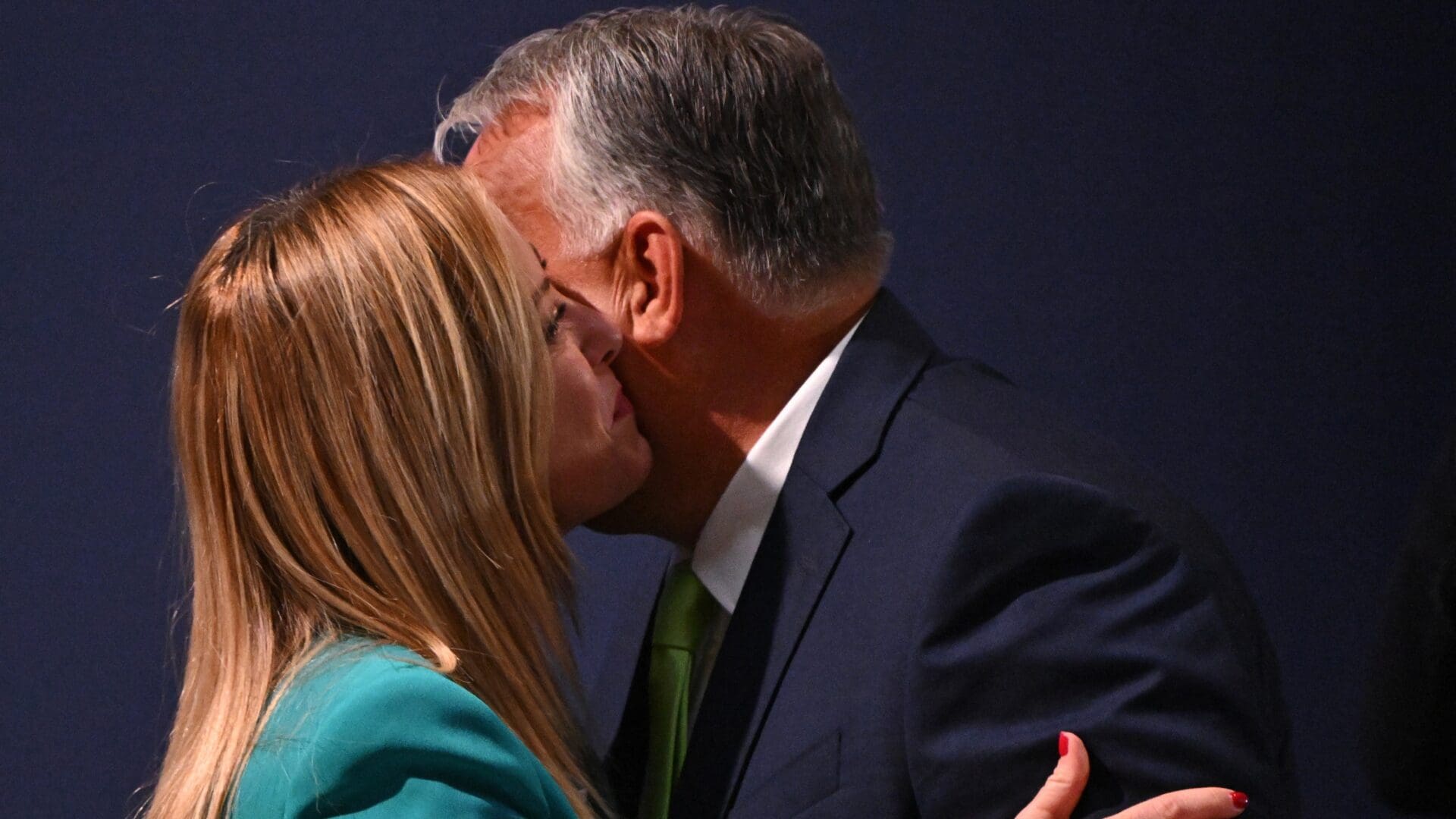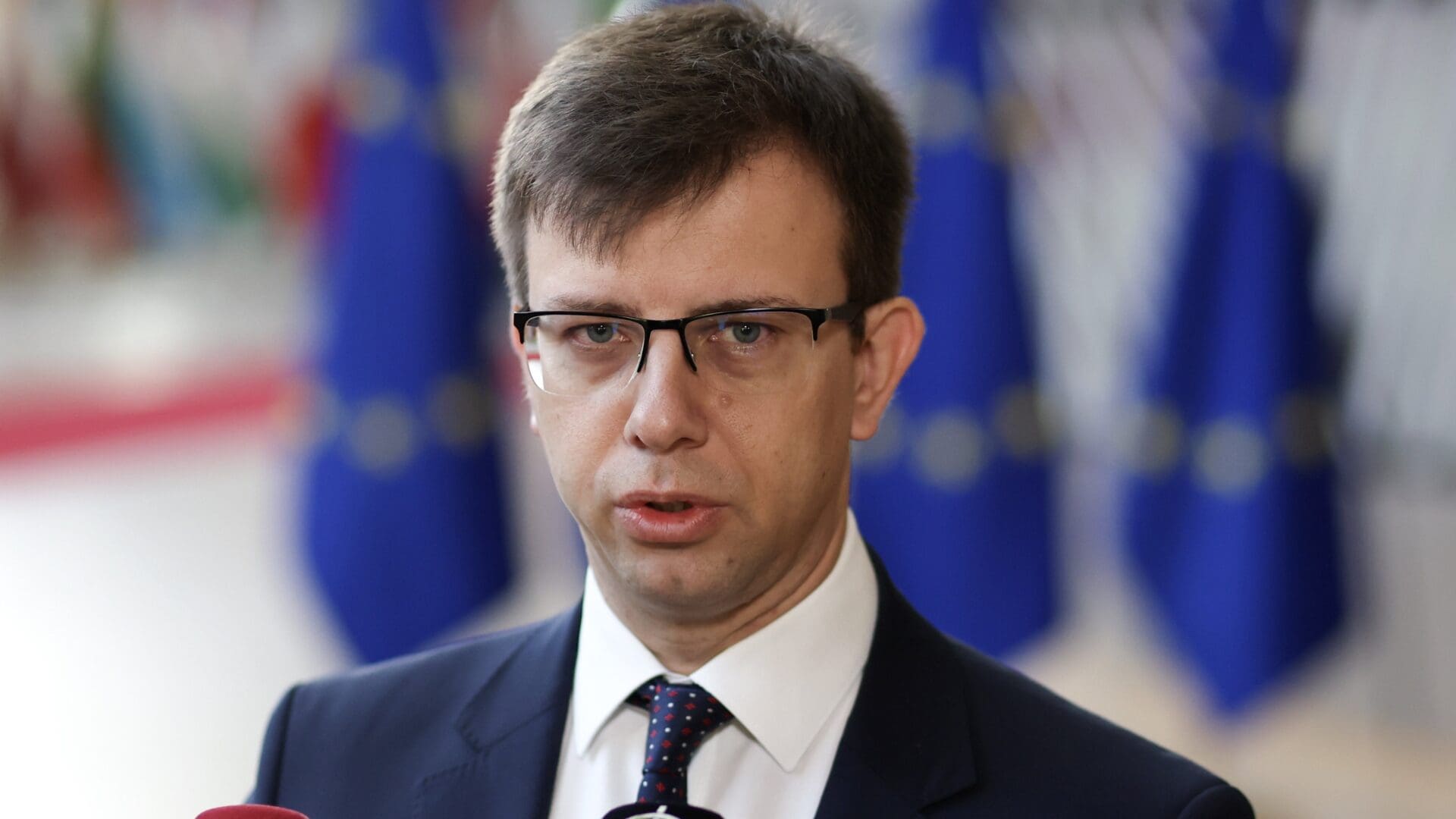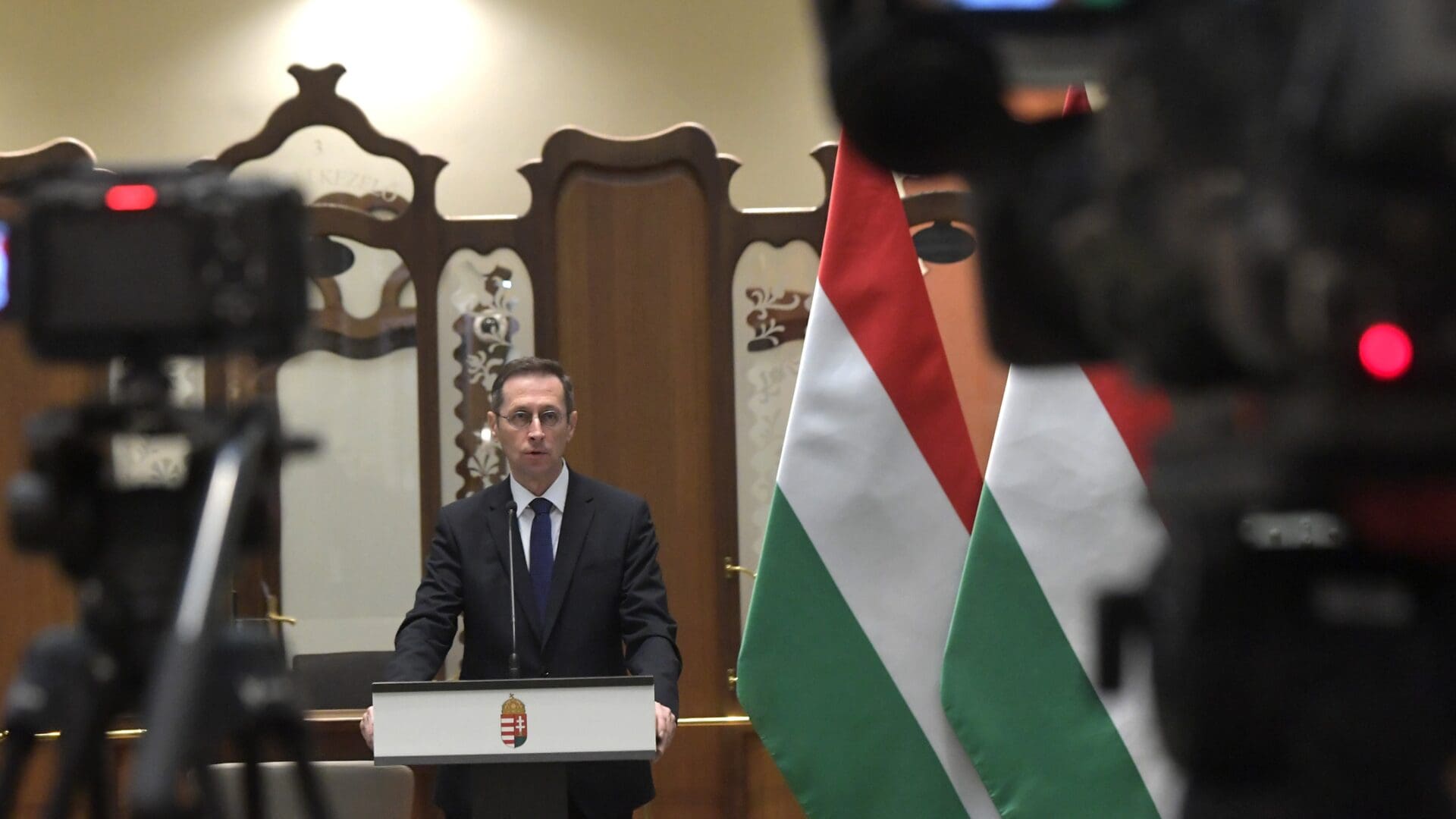
Finance Minister: Average Inflation Rate Estimate for 2024 5.2 Per Cent
The minister noted a ruling by Hungary’s Supreme Court, declaring that Budapest could not be even partially exempt from its obligation to pay its taxes. Varga said if the Budapest city council failed to meet its obligations, the government ‘will follow the given legal provisions along the clear decisions taken by the judiciary’.

